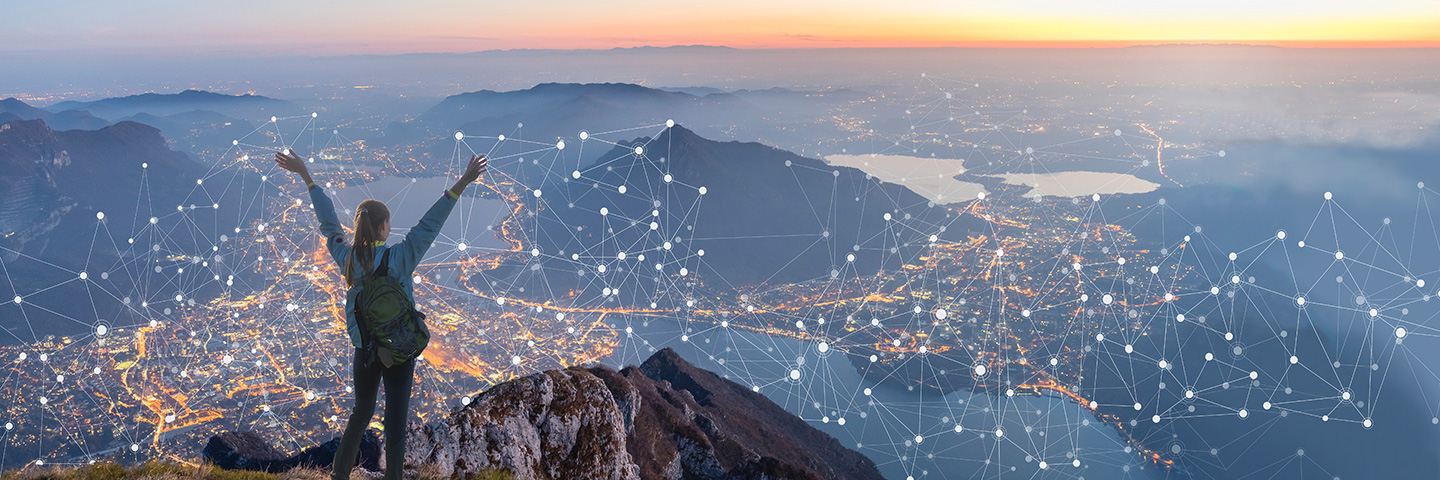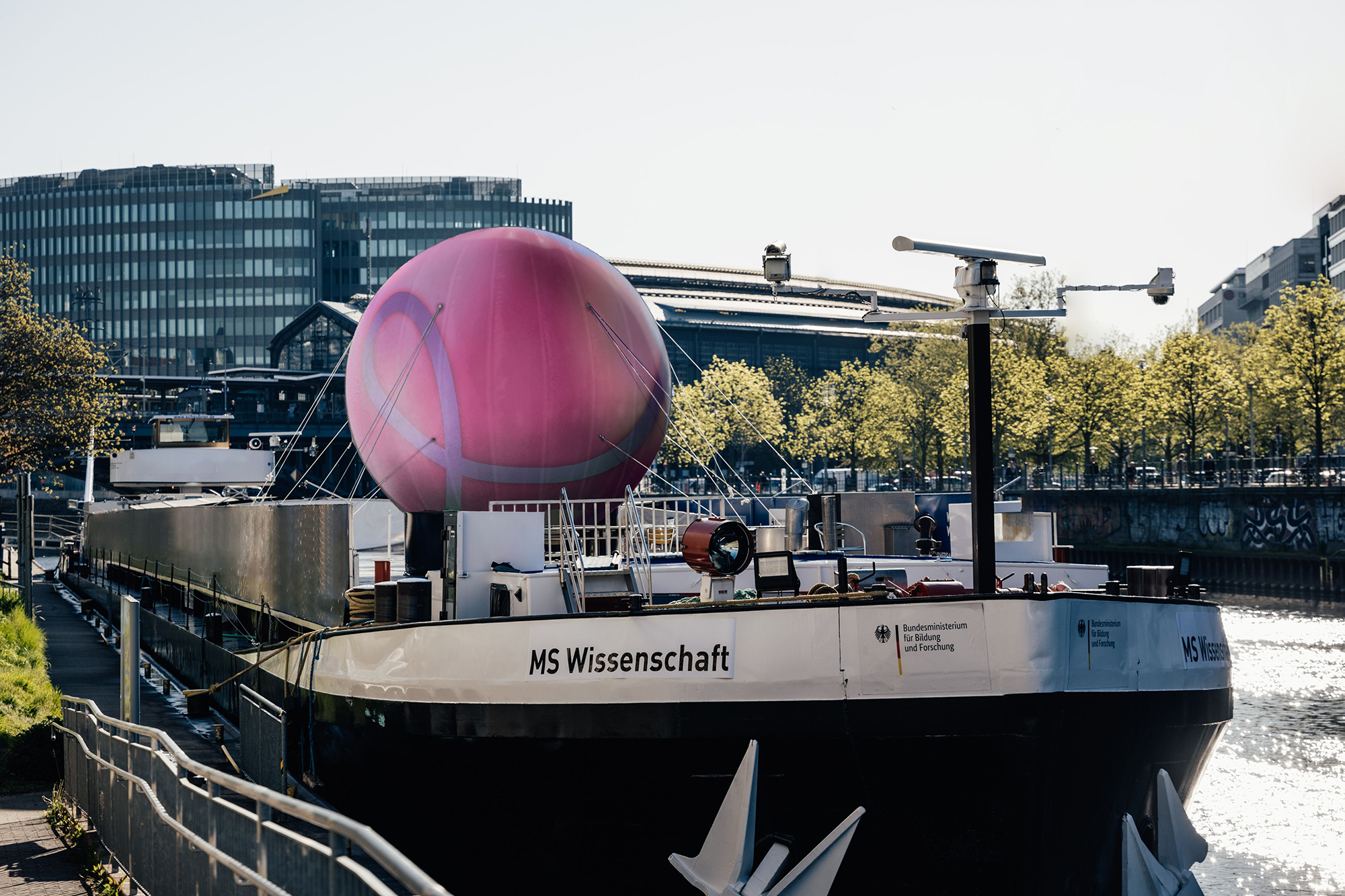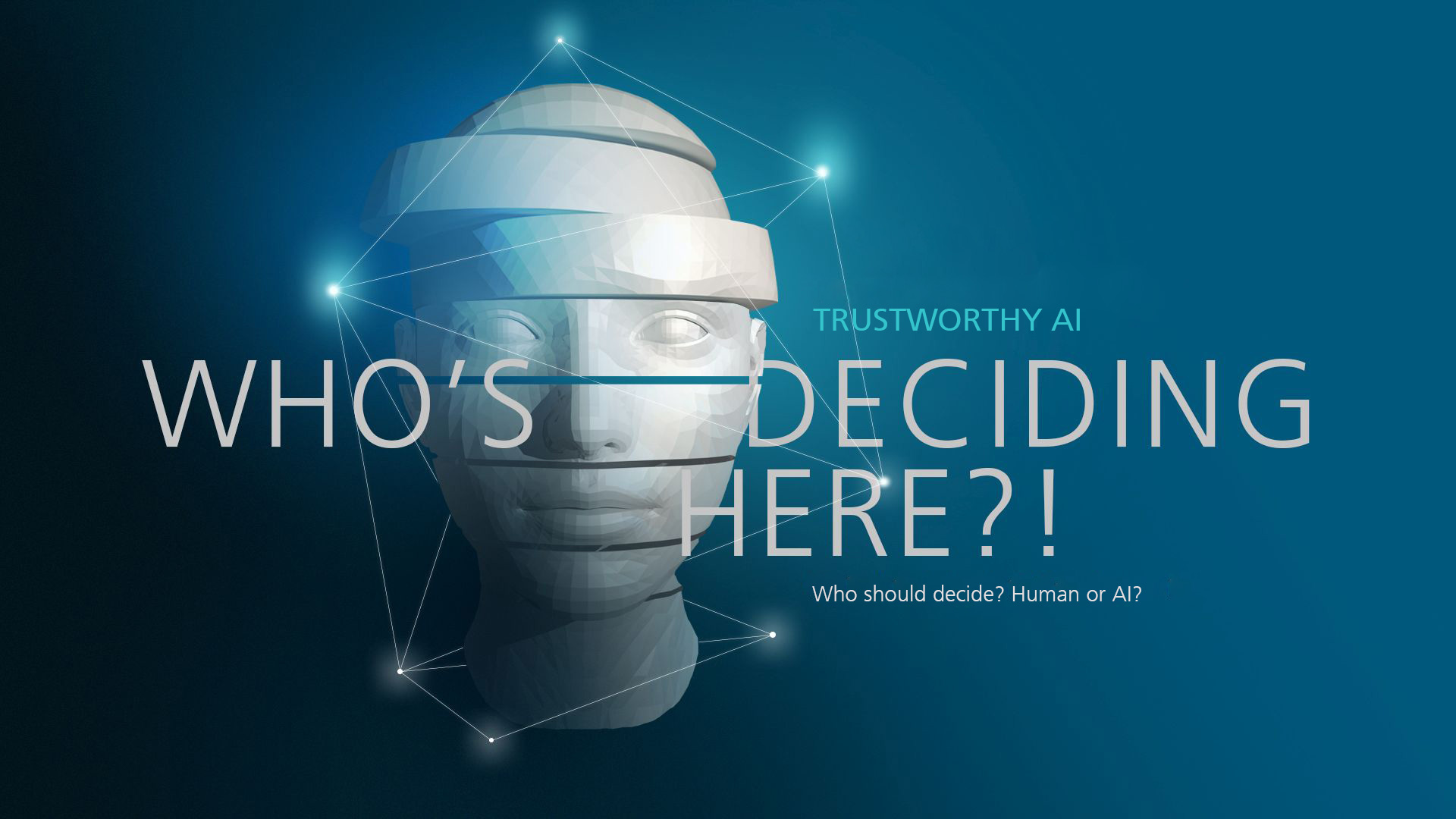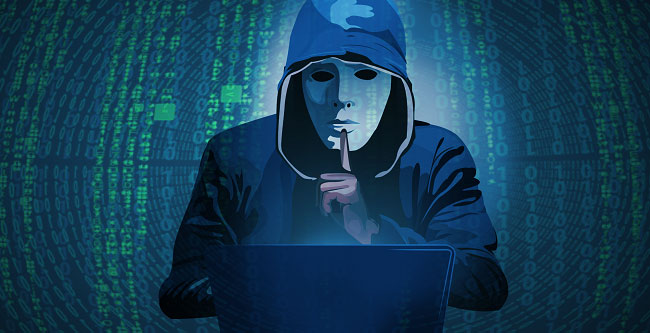Freedom in a high-tech society
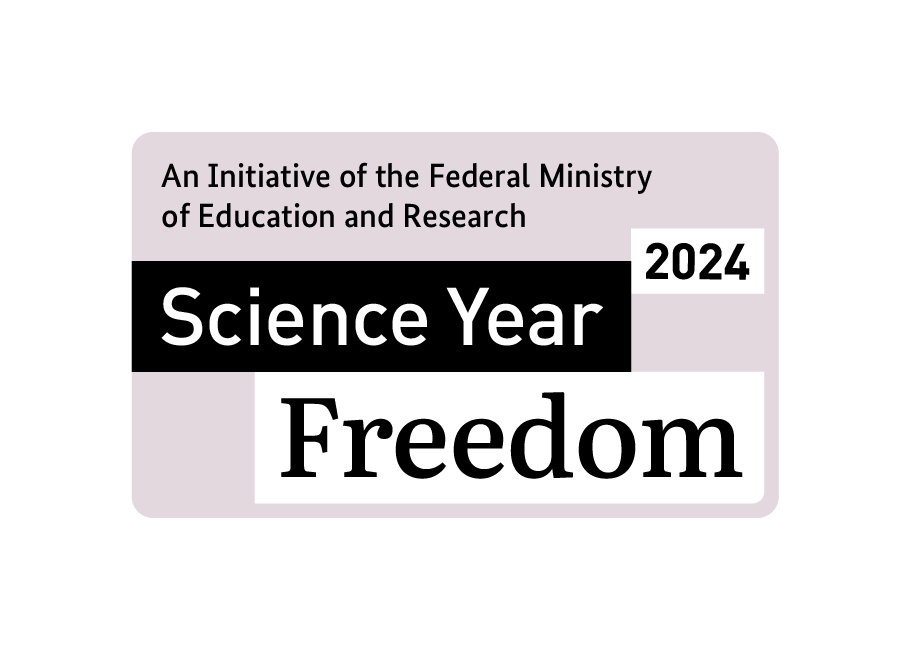
For a long time, freedom was taken for granted in the western world. However, crises and wars are increasingly putting it to the test. At the same time, tools that manage freedom have never been more powerful. Technologies such as AI are playing a key role here. They can restrict social freedom – but they can also strengthen it. This is why it is important to understand the mechanisms behind these technologies.
When can I trust information or a system? How much freedom of choice do we still have with artificial intelligence? How can I avoid digital surveillance if my freedom is restricted? These are key questions regarding the freedom of a society. Given the role that AI and digital tools are playing in more and more areas of our daily lives, it is becoming increasingly important to ask these kind of questions.
At Fraunhofer, we are working on solutions to make technologies more trustworthy, safe and secure, while at the same time reducing their error rates. Our research encourages people to take a careful and critical look at the risks that the digital space poses for their freedoms and aims to enable them to preserve these freedoms. This is why Fraunhofer is taking part in Science Year 2024, which focuses on freedom.
